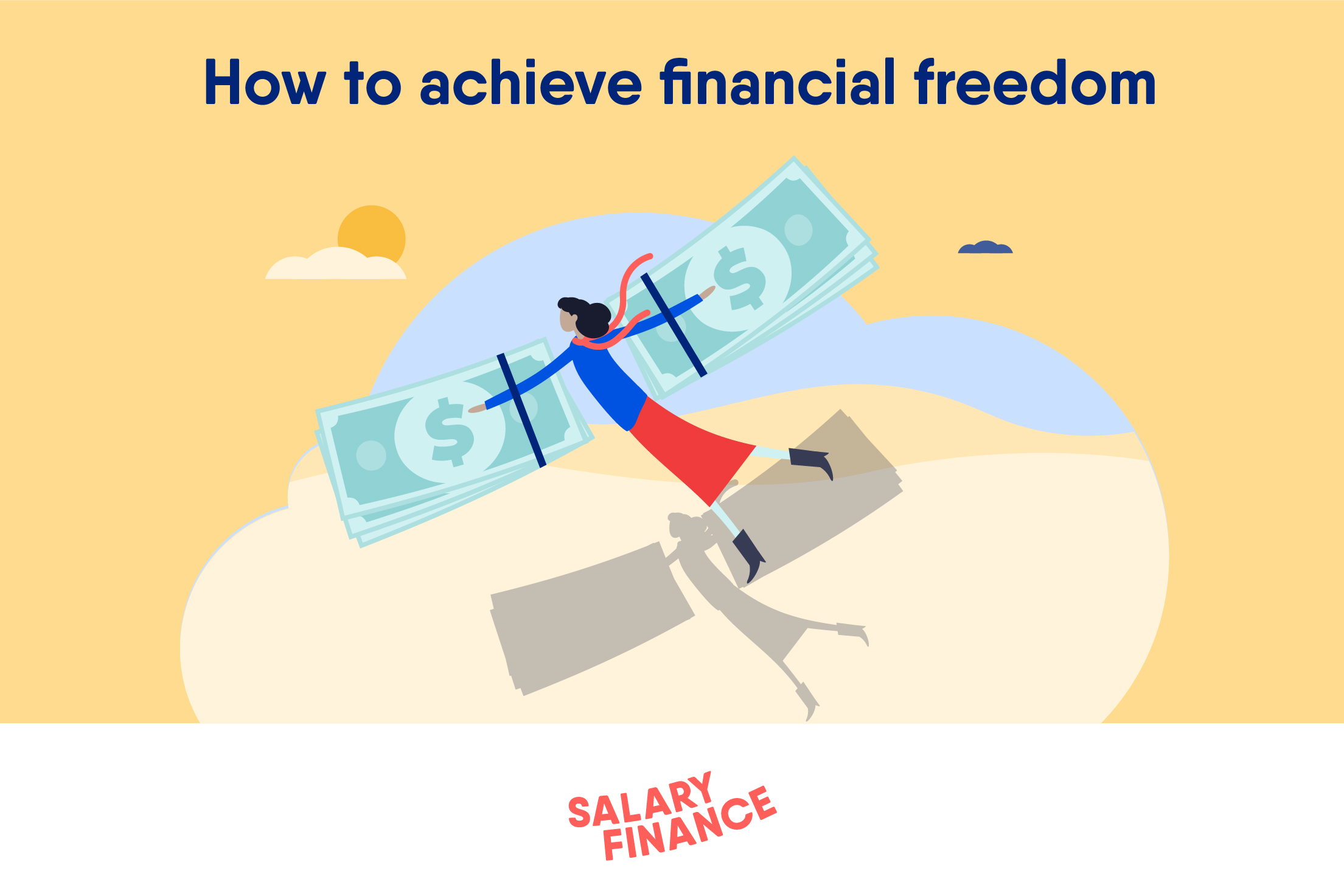
Whether you’re planning on retiring at 65 or you have dreams of being mortgage-free a couple decades earlier, with a little careful planning, it’s possible to be financially independent whenever you want to be, if you take the right steps now.
Whatever financial independence means to you—debt-free, mortgage-free, even work-free and living off your income, or a combination of all three—the time you take planning how you’ll achieve these goals is undoubtedly the most important part of your journey.
First of all, work out what you want to achieve. If you want to pay off your debts, then that’s likely a task that can be achieved with some basic planning. If you want to pay off your mortgage, that’s a similar story. But if you want to secure an income that will last you the rest of your life, that is going to take very careful, methodical planning and an ongoing maintenance plan to keep you on track.
Once you know the commitment required, it’s time to work out the details of how you’re going to achieve your goals. It’s time to work backwards.
Chip away at your debts
If your goal is to pay down a loan or a balance on a credit card, then it’s relatively straightforward. You need to work out how much you need to pay each month to clear the debt in the time you have set yourself. You can then either chip away at it each month or you could set the sum aside into a savings account. That way the money you need to pay off the debt is working for you and earning interest. This could either help you clear the debt a little sooner, or it will give you a little extra ‘reward’ that can be used for a rainy day.
Consolidating a number of expensive debts into one with a lower interest rate is a good way of getting a handle on your debts and making it cheaper and quicker to pay them off. Just make sure you wouldn’t have to pay an early repayment penalty on any outstanding debts before you take this option.
In today’s low interest rate environment, paying off debts versus building up your savings is a no-brainer, but sometimes it pays to also make saving a priority. When interest rates do eventually rise, it makes sense to check first whether you would actually be better off putting your money into savings and putting the money you earn on your savings towards paying down your debts. Just make sure that the rate you’re paying on your debts is much cheaper than the one you’re getting on your savings and you’ll be set.
Work on building a lump sum
If you want to work towards paying off a lump sum at a future date, which you might do if you’re clearing a debt or working towards paying off your mortgage, there’s a handy rule of thumb that you can use to find out how long it will take you to double your money.
You might also want to use this method if repaying the debt or loan early would lead to an early repayment charge. Often, with a mortgage, you can repay as much as 10% of the overall balance every year penalty-free.
The Rule of 72
The handy rule of thumb is called the rule of 72 – you divide 72 by the interest rate and you will get an idea of the number of years it will take you to double your money.
You can use it to work out the rate of return you need in order to double your money. Say you want to double your money in 25 years, then you divide 72 by 25 and you'll see the rate of interest you need to meet your goal is 2.88%. Need to meet your goals sooner? Then a 4.8% return will see you double your money in 15 years.
This is only a rule of thumb, so while there are no guarantees, it’s a good way to see how long it will take you to reach your goals.
Plan long-term
Whenever you plan to retire, getting your house in order financially is essential. The same goes for any financial planning: the earlier you start saving, the better off you will be.
By investing regularly and reinvesting income over the long term, you can double your returns. It’s all down to the power of compounding, something that none other than Albert Einstein called the “eighth wonder of the world”, and you can see why.
The longer you leave your money invested, the greater the returns. This magic of compounding is so powerful that a very small sum, given many years to grow, will grow much more than a much larger sum of money invested years later. So the sooner you get that money working for you, the better.
For example, assuming an annual growth of 5%, if you were to invest a one-off lump sum of $1,000 at the age of 22, by the time you are 70, you’ll have $10,400. Make that same one-off lump sum investment at the age of 42 and it will only be worth $3,900 by the time you’re 70.
The larger the sum invested and the longer you have to grow your money, the better. So whatever your dreams, start your planning now and start saving, because your journey to financial freedom starts here.






